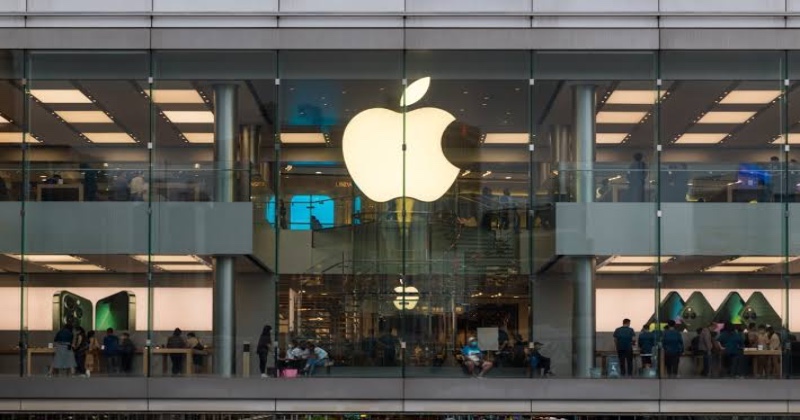
Indian opposition parties criticized Prime Minister Narendra Modi’s government on October 31 after some of their leaders received alerts suggesting potential hacking attempts on their iPhones by “state-backed” actors. Rahul Gandhi, the leader of the main opposition Congress party, accused the government of trying to divert the youth’s attention from critical issues. Members of the Congress party, such as KC Venugopal, Supriya Sule, and Pawan Khera, along with MPs from various opposition parties, including Trinamool’s Mahua Moitra, Samajwadi Party’s Akhilesh Yadav, Aam Aadmi Party’s Raghav Chadha, CPM General Secretary Sitaram Yechury, and Congress’ Pawan Khera, reported receiving alerts from Apple about potential state-sponsored hacking attempts on their iPhones.
In response to the allegations, Apple issued a statement denying any attribution of the threat notifications to a specific state-sponsored attacker. The tech giant emphasized the challenges of detecting well-funded and sophisticated state-sponsored attacks, noting that threat intelligence signals can be imperfect and incomplete. Apple acknowledged the possibility of false alarms in some threat notifications and the potential for undetected attacks. The company also expressed concerns that providing information about the reasons for issuing threat notifications could aid state-sponsored attackers in adapting their behavior to evade detection in the future.
This situation highlights the growing concerns regarding the security and privacy of digital communication among political figures in India and the challenges tech companies face in identifying and mitigating state-sponsored cyber threats.

Post Your Comments